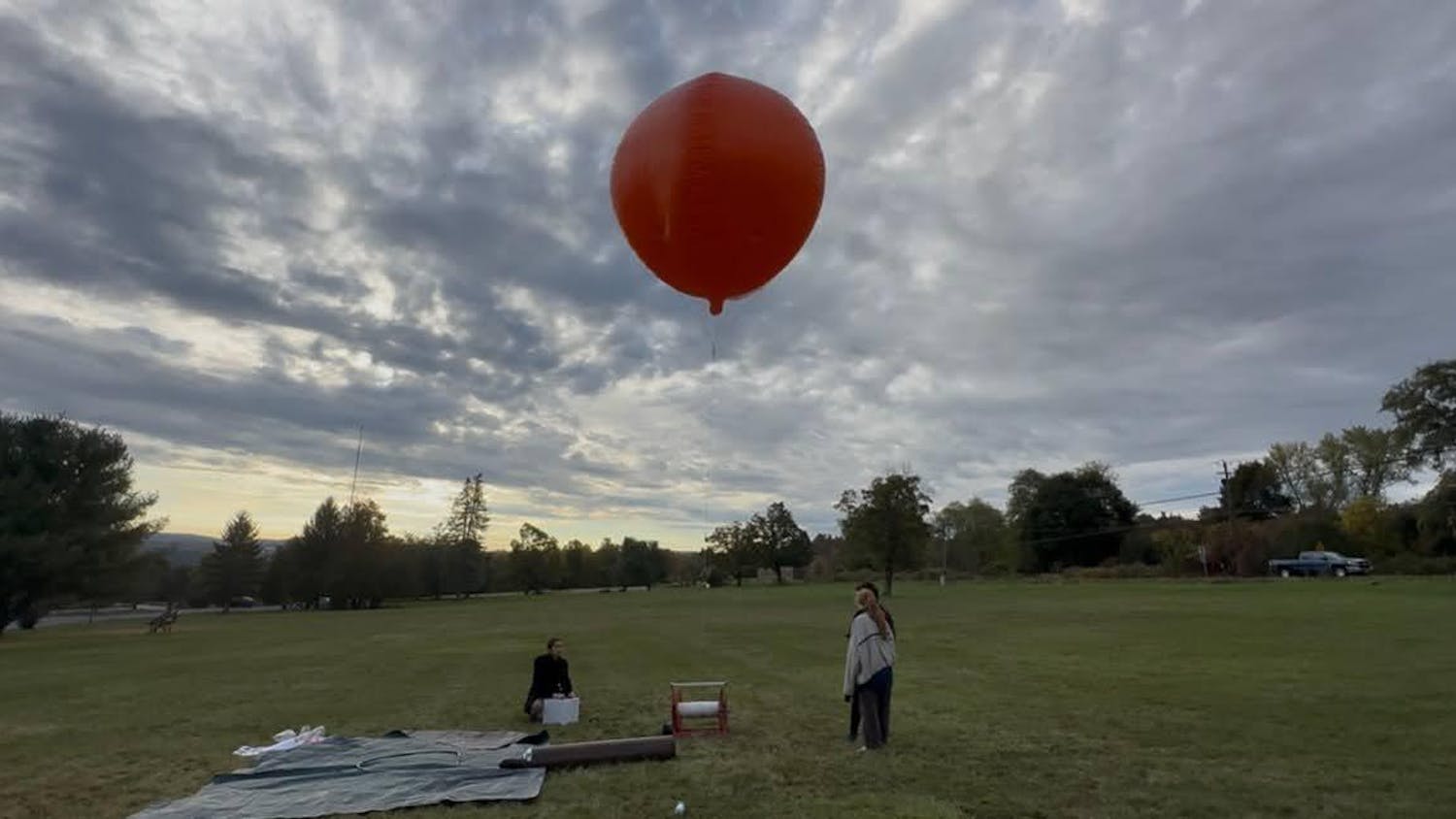The fall is an apt time for an introduction to what we students refer to as “going abroad.” That is, traveling to over twenty cities in a span of four months and hoping to glean cultural knowledge and general street savvy in a brief, yet highly worthwhile, process. This time of year, some students are returning from abroad and acclimating back into the Cornell lifestyle, and at the same time info sessions are being held, applications are being completed, and wide-eyed, open-minded students (many of them first-semester Juniors) are deciding where they would like their adventure to take place. The tidbits we discuss below are not necessarily the first things you need to know about going abroad, nor are they the only things. We’re just sharing our experience with you so that when you find yourself acquiring these strange habits and following these strange patterns, at least you know you’re not alone. Let’s talk pre-trip preparation. Things you’ll definitely need include are a good camera, a small duffle bag for weekend trips and, hopefully, an internationally-functioning phone. Sure, you’re going to sound ridiculous telling the credit card company all the places you anticipate visiting in the coming months (our combined list ranges from Amsterdam to Iceland to Morocco) to ensure that they don’t cut off your service and suspect fraud. And yes, they’re going to think you’re kidding when you explain that you will likely only be in each different country for a maximum of three days. But it’s all part of the adventure. In reality, you might hop over to London just for the weekend or take a day trip to Versailles. And why pass up the opportunity to take a cruise to Oslo? When else? The time, and even price, from one European city to the next can be less than taking the Campus 2 Campus bus. Due to the ease of traveling, expect to find yourself in a different city on most weekends. And those times that you are “home,” (i.e. the country you are actually studying in), more often than not, you will have a visitor staying with you. All of a sudden, people you were never quite friends with at school become potential connections in European cities. Don’t know anyone studying in Florence but plan on being there in two weeks? No problem. Your freshmen year roommates’ best friend’s boyfriend has room for you in his apartment. He also happens to be in your Econ class and though you never said hi to each other in section, you spend the day together touring Florence. And odds are, while climbing to the top of the Duomo, the two of you will probably run into someone you both know who is visiting from Rome. As we discovered last semester, it is legitimate to say, “I’m sure we’ll run into each other,” even if that means it’ll be in another European city. Through all this traveling, you are exposed to a myriad of cultures, languages, accents and food. You will undoubtedly question why this is the first time in your life you have ever tried a stroopwaffle (just writing about them is making us drool). But not all food experiences will be good ones. While the Danish delicacy of an open-faced herring sandwich may not be so appealing, you take comfort in the fact that for dinner that night you will once again be at your local airport, where you know you will have the choice between pizza and sushi (you’ve had the food floor plan mapped out since your first month aboard).Tasting these local delicacies are a central part of the education you receive while studying abroad. While studying abroad is, by all accounts, meant to replace a regular semester at Cornell, don’t expect that much to be the same. When the norm for your semester abroad is to first go out at a time when after-hours would be starting if you were at school, its hard to imagine that Johnny O’s is packed by midnight back in Ithaca. In terms of academics, the actual classes are not your typical Cornell offerings – Introduction to Czech (the language), Public Health in Estonia and Finland and a European history class taught in Spanish, to name a few. The experience you gain is as central to your abroad education as any academic class you would take back home. In regards to language, it will surely be a pleasant surprise when you can understand the Spanish conversations around you while sitting in your local version of Libe Café, but learning just one language doesn’t mean you’re set. There are some essential phrases you’ll want to remember. Learning ‘skål’ (‘cheers!’ in Danish), ‘où est…’ (‘where is…’ in French), or ‘badezimmer’ (‘bathroom’ in German) is a substantial contribution to your abroad education. There are also practical teachings – you become great at quick math for currency conversions, and you’ll surely become more familiar with the various governing European monarchies as your wallet will have seen at least three types of currencies all stamped with various queens and that was just over spring break. Though these teachings may not seem comparable to those you learn in a classroom, the abroad education is rooted in discovery. By exploring new cultures, traditions, and languages, you are expanding your world outlook and gaining a plethora of new perspectives and first-hand experiences. Rather than reading about Berlin’s history during World War II, you can actually stand on the former grounds of Hitler’s bunker. Or visit the Belvedere museum in Vienna and see the Klmit painting that you have in poster form on your dorm wall. You can even tour all of Lisbon via talking go-kart (it happened, we promise). Whatever you decide to do with your semester abroad in Europe, take advantage of all it has to offer. And please, report back. We wish we could be biking the streets of Copenhagen or sipping on tinto veranos on Seville’s Guadalquivir River with you. Most importantly….have fun!/ ¡diviértase!/ have det sjovt!/ buon divertimento!/ dobře se bavte! Original Author: Hilary Oran
CPH, BCN, SVQ: Copenhagen, Barcelona, Seville
Reading time: about 6 minutes
Read More










